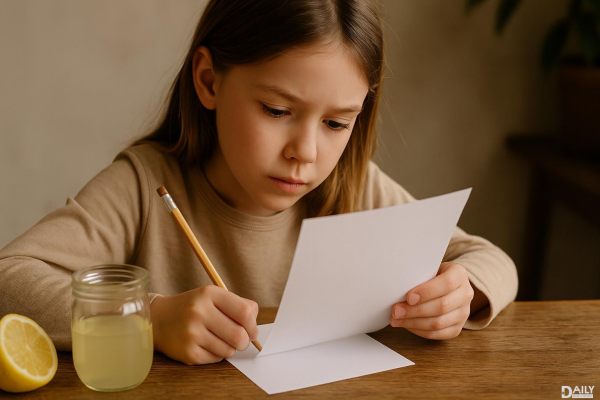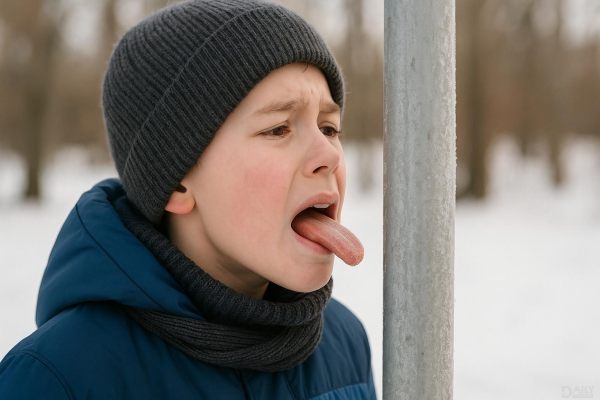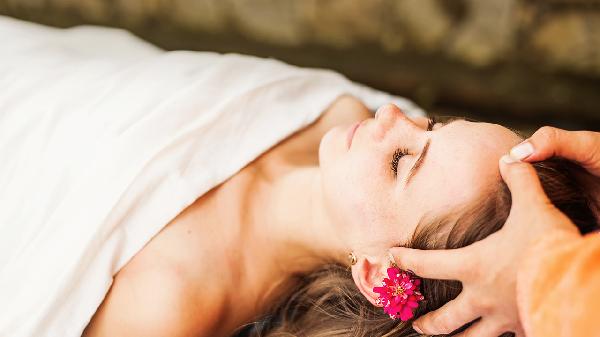If you're reaching for a glass of wine to unwind before bed while also taking melatonin, you might want to rethink that combo. While both alcohol and melatonin can make you feel drowsy, mixing them isn't just a bad idea—it can be downright risky. Experts warn that combining these two can amplify side effects like dizziness, confusion, and even breathing difficulties, turning what should be a restful night into a potentially dangerous situation.
Why Alcohol and Melatonin Don’t Mix
Melatonin is a hormone that regulates your sleep-wake cycle, and while it’s generally considered safe, it doesn’t play well with alcohol. Alcohol disrupts your natural sleep architecture, and when you throw melatonin into the mix, things get messy. "Alcohol can intensify melatonin’s sedative effects, leading to excessive drowsiness or even respiratory depression in extreme cases," explains Dr. Nouhavandi. That means you could end up feeling way more out of it than you intended—or worse, struggling to breathe properly while you sleep. Even a single drink can be enough to cause problems, so it’s best to keep these two separate.
The Myth of the Nightcap
Many people swear by a glass of wine or a cocktail to help them drift off, but science says otherwise. While alcohol might knock you out initially, it wreaks havoc on your sleep quality later in the night. "As your body metabolizes alcohol, it triggers rebound wakefulness, often causing you to wake up in the middle of the night and struggle to fall back asleep," says Dr. Sorscher. Plus, alcohol relaxes your throat muscles, which can worsen snoring and sleep apnea—hardly the recipe for a peaceful night’s rest. So if you’re taking melatonin because you’re already struggling with sleep, adding alcohol to the equation is only going to make things worse.
What Happens When You Mix Them?
Combining melatonin and alcohol doesn’t just mess with your sleep—it can also lead to some unpleasant (and sometimes dangerous) side effects. Drowsiness, dizziness, and impaired coordination are common, increasing your risk of falls or accidents if you get up during the night. In rare cases, the mix can depress your central nervous system to the point where breathing becomes difficult. And because both substances affect your brain chemistry, you might also experience mood swings, confusion, or even memory lapses. Bottom line? It’s not worth the risk.
Better Alternatives for Better Sleep
If you’re relying on melatonin to help you sleep, there are safer ways to enhance its effects—and none of them involve alcohol. Establishing a consistent bedtime routine, limiting screen time before bed, and keeping your bedroom cool and dark can all improve sleep quality. If you still need extra help, talk to your doctor about other options, like cognitive behavioral therapy for insomnia (CBT-I) or alternative supplements like magnesium or valerian root. The key is finding a solution that works with your body, not against it.
At the end of the day, sleep is too important to gamble with. While a glass of wine might seem like a harmless way to relax, mixing it with melatonin—or any sleep aid—is a gamble with your health. If you’re serious about improving your sleep, skip the nightcap and focus on habits that actually support restful nights. Your body (and your morning self) will thank you.
























